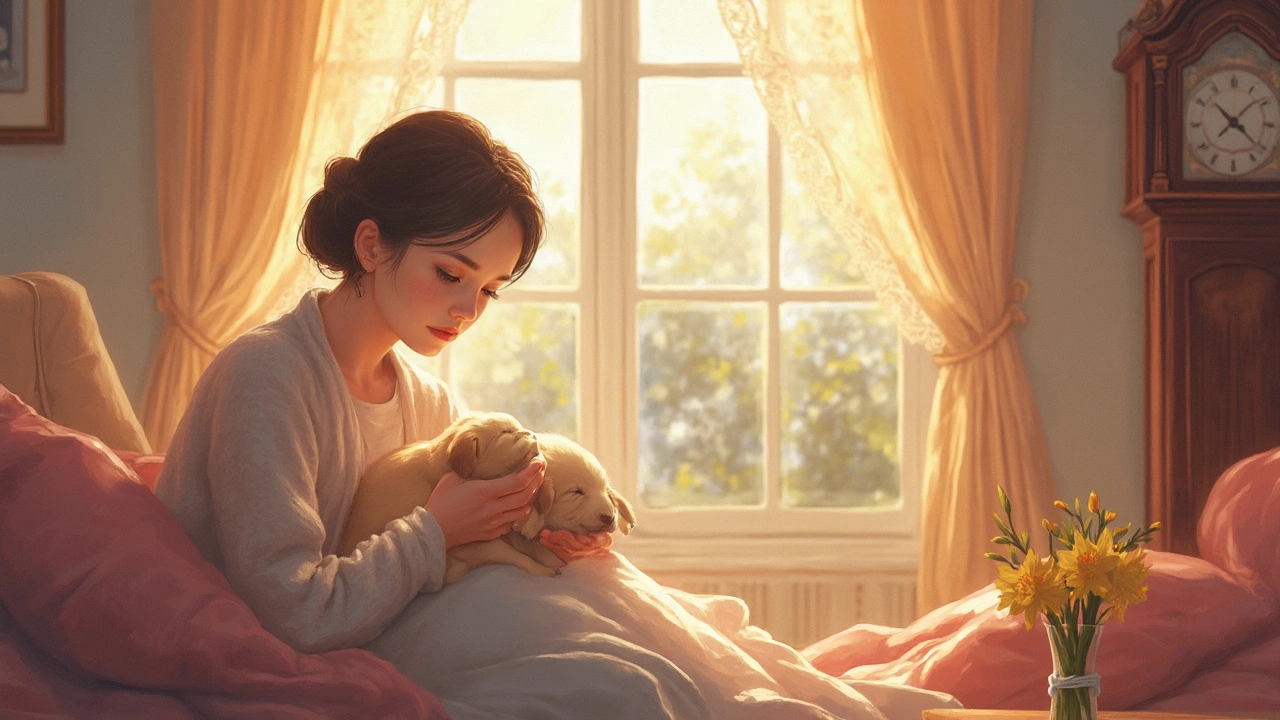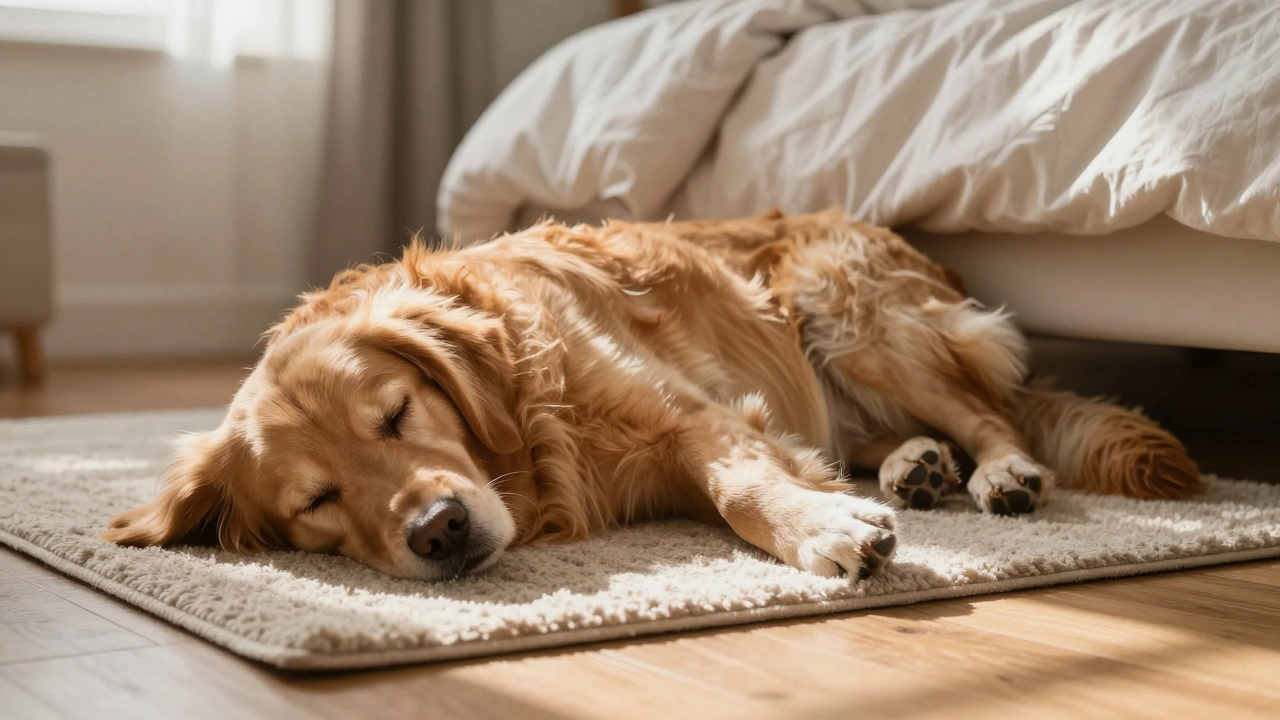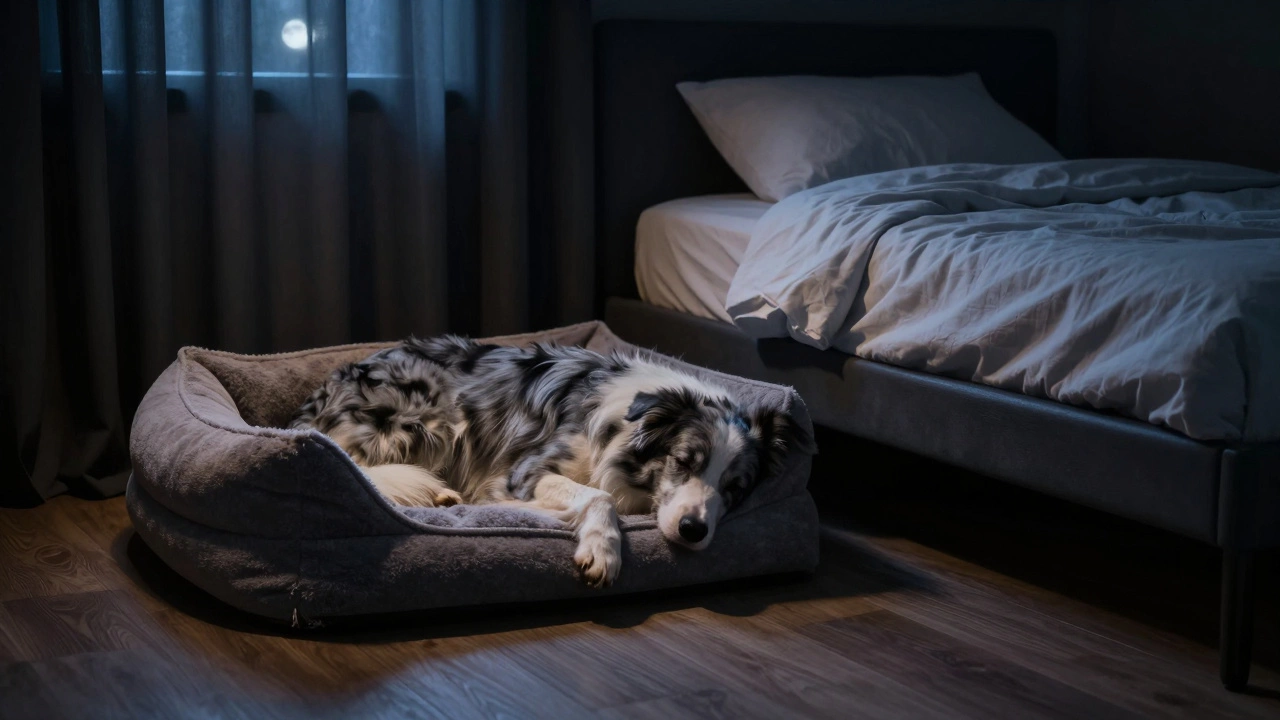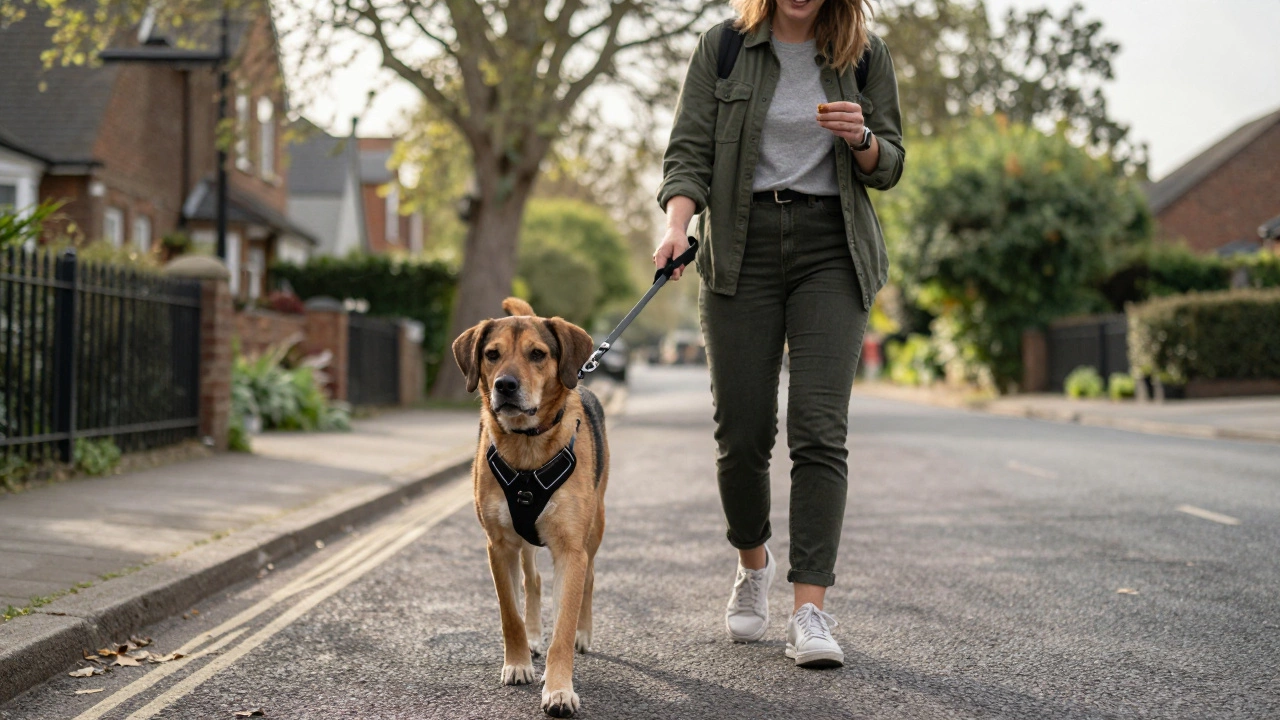Puppies – Easy Guides for New Dog Parents
Got a fresh‑off‑the‑shelter bundle of joy? Puppies bring a lot of excitement, but they also need the right routine to grow into calm, well‑behaved dogs. Below you’ll find the most useful tips on crate training, bedtime, and everyday care that work for most owners in South Tyneside and beyond.
Crate Training & Safe Spaces
Think of a crate as a puppy’s personal den, not a punishment. Start with a crate that’s just big enough for your pup to turn around and lie down – too much space just encourages accidents. Place a soft blanket and a chew toy inside, then open the door and let the puppy explore on its own.
When you first close the door, keep the sessions short – two to three minutes at a time. If your pup barks, resist the urge to shout or yank the door open. Instead, wait for a quiet moment, then open the door and reward calm behavior with a treat. This teaches the crate as a safe spot rather than a time‑out zone.
As your puppy gets comfortable, gradually lengthen the time inside. A good rule of thumb: puppies can hold their bladder for one hour per month of age, so a 12‑week-old should be fine for about three hours during the day. Remember to let them out before meals, after play, and right after waking up.
Sleep, Bedtime & Night Routines
Good sleep sets the foundation for a happy pup. Puppies need about 18‑20 hours of sleep in a 24‑hour period, so a consistent bedtime helps them settle faster. Aim for a quiet room, dim lighting, and a low‑noise environment. If you share a room with your puppy, a small dog bed or blanket right beside your own mattress works well – it gives them the comfort of being near you without letting them dominate the space.
Before bedtime, give your puppy a short walk or a gentle play session to burn off excess energy. Follow that with a calming activity like a chew toy or a soft grooming brush. This signals that the day is winding down.
Keep the first few nights predictable: a quick potty break, a few soothing words, then back to the crate. If they whine, avoid picking them up immediately; instead, reassure them with a calm voice and a brief pause. Over time they’ll learn that the crate is a place to relax, not a place that triggers endless attention.
Beyond sleep, keep an eye on nutrition and bathroom habits. A puppy that eats too late may struggle to hold its bladder through the night. Stick to regular feeding times and offer fresh water, but remove the bowl an hour before bedtime to avoid a full bladder.
These simple steps—short, positive crate sessions and a calm, consistent bedtime—reduce anxiety and set the stage for a well‑adjusted adult dog. For deeper dives, check out our articles on "Crate Training a Puppy: Should You Ignore Barking or Listen?" and "Best Puppy Bedtime: When Should Puppies Go to Sleep?". They give specific answers to common questions and extra tricks you can try.
Whether you’re walking the streets of South Tyneside or lounging at home, the key is consistency. Stick to the routine, reward calm behavior, and your puppy will soon settle into a pattern that makes life easier for both of you.
Can You Touch 3 Day Old Puppies Safely?
Learn about the guidelines and considerations when handling 3-day-old puppies. This article provides useful tips for ensuring the safety and comfort of these delicate newborns. Discover interesting facts about puppy development and how to interact with them appropriately. Get insights into the types of toys suitable for their early stages of growth.






